


Framed or unframed, desk size to sofa size, printed by us in Arizona and Alabama since 2007. Explore now.
Shorpy is funded by you. Patreon contributors get an ad-free experience.
Learn more.

- The most dangerous fire escape I've ever seen
- Out of Place
- Sir Bedevere
- Witch way to the fire?
- Proud to be an old Coot
- That old scale
- Bowled Over
- Cat years?
- 'Why' Wyoming?
- His Master's Voice
- What! No dish under the skewer?
- Only in Hollywood?
- What's Up Doc?
- Destination?
- I'm pretty sure this was a voluntary program
- When I see chicken wire rabbit cages I think of three things
- The War Ears
- Eating the bunnies? Really?
- A love affair with a machine
- Hasenpfeffer
- Back support
- Hot type!
- Can you smell ... the news?
- Looking across the street and Flong
- Memories of my elderly hoarder neighbor
- Linotype in the Twilight Zone
- By Memory?
- Quiet place
- Line Of Type
- And no hearing protection
Printporium
Cheapskate: 1950

January 1950. "Comedian Jack Benny with Eddie Anderson, who plays the character of Rochester, his valet, on the Jack Benny radio program." And, later in 1950, on his CBS television show. Color transparency by Frank Bauman for Look magazine. View full size.
I'm thinking, I'm thinking
Chuck Shaden had a radio show in Chicago from 1970 to 2009 called "Those Were the Days" about old time radio. He had interviews with many radio personalities, both on-air stars and the folk behind the scenes. One story I fondly remember. The writers for the Jack Benny show were working on this script, and were stumped to come up with a response to "Your money or your life!!" Everyone was pacing around the room; finally, one grabbed another and said something like, "What's the answer". The second person, in frustration, said "I'm thinking" -- and everyone stopped and agreed that was the line.
I'm thinking about it!
Jack Benny was one of the funniest men to walk the Earth. Benny typically played the straight man on his show, with a very dry deadpan delivery of lines that were circumstantially hilarious. As the world's cheapest man surrounded by zany characters he absolutely dominated the ratings from the late 1930s through the 1950s on both radio and later television. One of the most famous lines in radio history came when Benny was supposedly being held up at gunpoint --
Mugger: "Alright buddy hands up. It's your money or your life."
Benny: (long silence)
Mugger: "I said, your money or your life!"
Benny: "I'm thinking about it!"
Eddie Anderson, who played his long-suffering butler, valet, cook, chauffeur, bodyguard etc. was the highest paid African-American in show business for most of his time with Benny. His gravelly voice and snarky little digs at his cheap boss were legendary. In real life Benny and Anderson were close friends, somewhat unusual for that era.
One of the very few times the generally good-natured Benny lost his temper in public occurred during the Second World War. Benny and his crew arrived in Philadelphia to do a special show for the troops and to raise money for the war effort. As they were checking into a high-end hotel, the front desk clerk said Anderson would have to stay elsewhere as the hotel did not cater to blacks. Benny was at first incredulous and when the clerk refused to budge he became incensed. He demanded to see the manager and in a very loud voice Benny declared that if Anderson wasn't good enough for the hotel, none of them would be staying there. And he threatened to call out the hotel by name on his live radio broadcast. The manager quickly backed down. When Benny died in 1974, Anderson was invited to give a eulogy at the funeral but declined, explaining he would not be able to keep his composure.
His persona as cheap was, of course, just part of the show. In real life, Benny was quite liberal with his money and made a point of paying his co-stars and the show's staff extremely well. It was widely noted that he had an unusually low turnover rate among writers and co-stars. A New York taxi driver once picked up a fare only to discover it was Benny. When they got to the destination he handed the cabbie a $5 bill to cover the two bucks and change fare, telling him to keep the rest. The driver shook his head and handed Benny the correct change explaining he was going to have a hard enough time convincing people he had Jack Benny in his taxi without trying to convince them that he left a $2 tip.
Luckies
I threw a whole pack in the trash in 1974, stopped coughing three days later.
You only have to quit one. THE NEXT ONE!
If I remember right
That isn't Jack Benny, this is:

LSMFT
Lucky Strike's old advertising acronym is (unfortunately) burned into my Boomer brain: "Lucky Strike Means Fine Tobacco." I wish I could flush my memory cells of that.





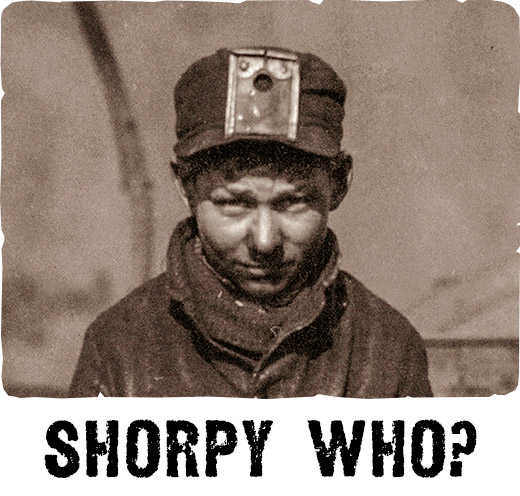
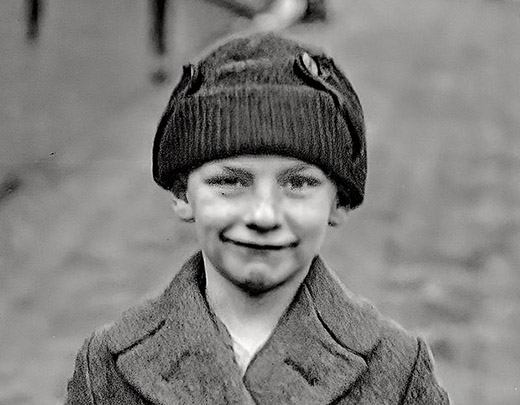
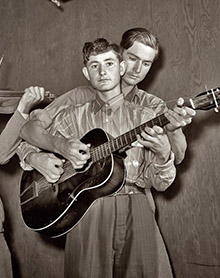
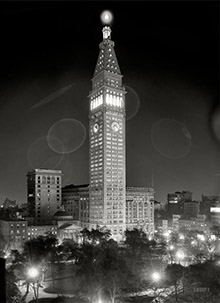
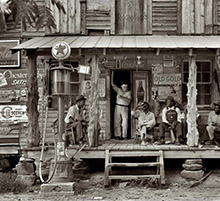
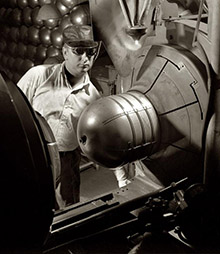
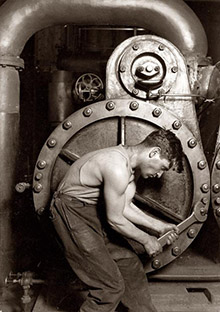

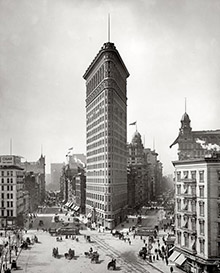



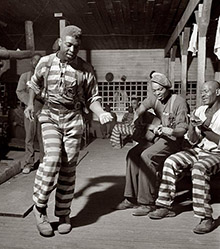
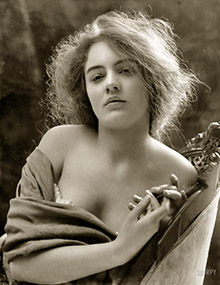
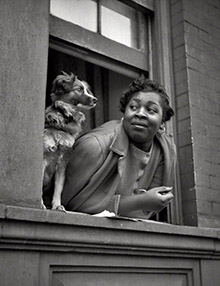

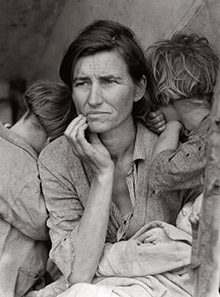

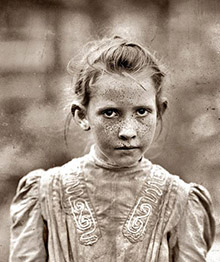

On Shorpy:
Today’s Top 5